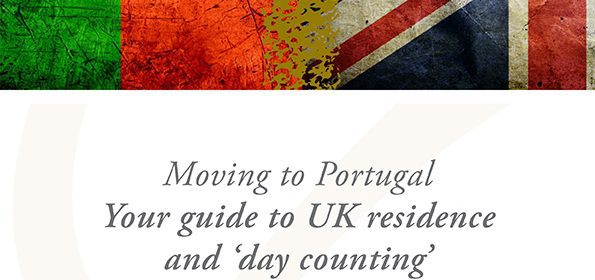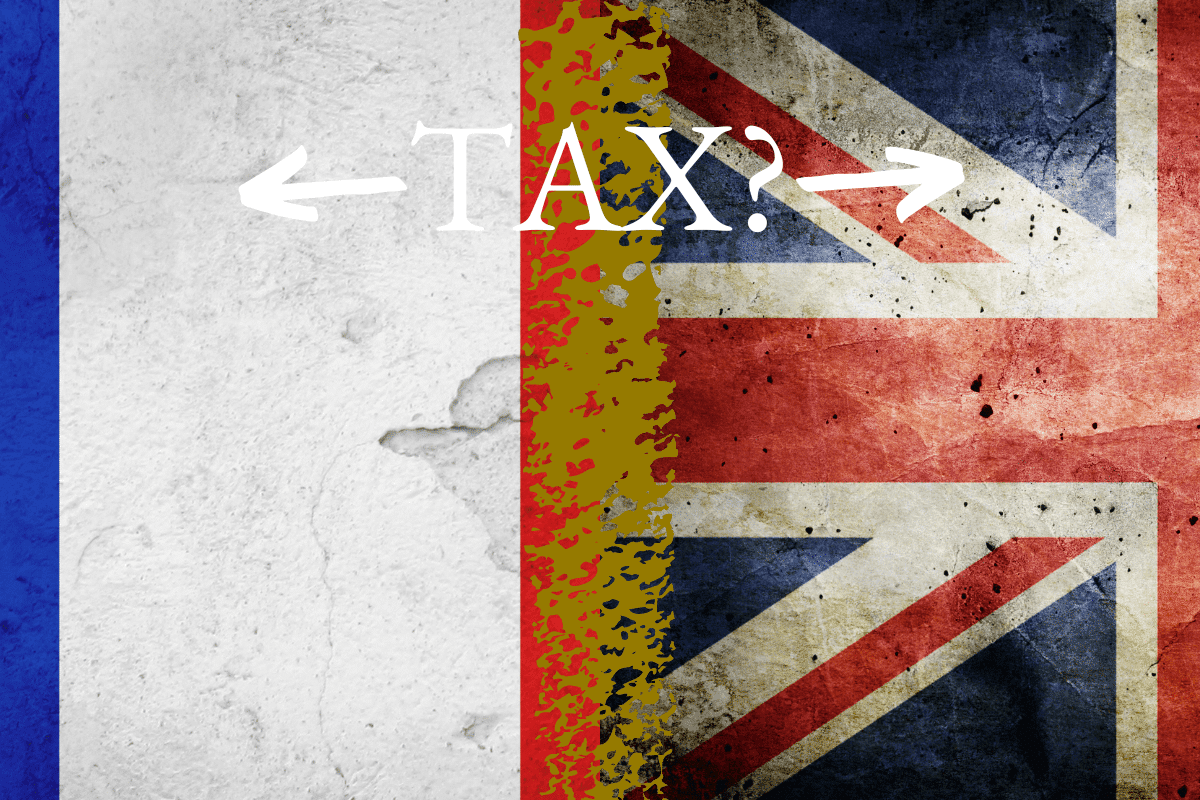A lot of confusion occurs in this area – people often mistakenly believe they have to be in Portugal for at least 183 days to be considered tax resident here, but that is not strictly the case.
The rules state that you are Portuguese tax resident if:
- you spend more than 183 days in Portugal in any 12-month period (these days do not have to be consecutive)
- if your habitual/permanent residence is in Portugal i.e. your ‘home’ (there is no minimum day count for this criterion)
Generally a tax payer is Portuguese resident from the ‘first day’ or day of arrival.
If you move to Portugal mid-way through the year, Portugal allows for ‘split-year’ tax treatment. This means that you will only be liable to tax in Portugal from the time you become resident there i.e. the date you permanently move to Portugal up to 31st December. The same principle applies for those who choose to permanently leave Portugal.
This can provide advantageous tax and financial planning opportunities and that is why it is best to seek advice and start planning early. We have separate guides on visas in Portugal and residency that explain the process of becoming resident in more detail.
If you move to Portugal mid-way through the year, Portugal allows for ‘split-year’ tax treatment. This means that you will only be liable to tax in Portugal from the time you are resident there i.e. the date you move permanently move to Portugal up to 31st December. The same principle applies for those who choose to permanently leave Portugal.
This can provide advantageous tax and financial planning opportunities and that is why it is best to seek advice and start planning early.





